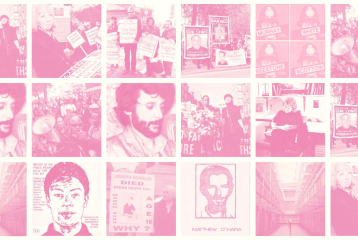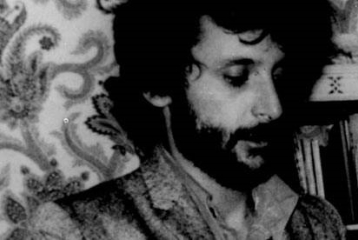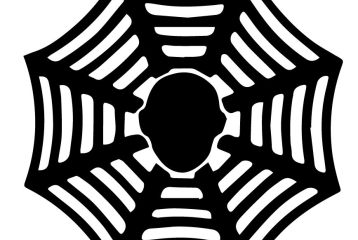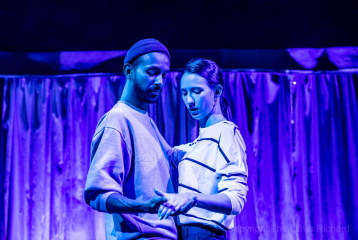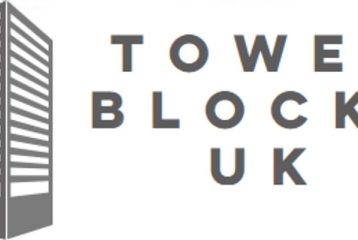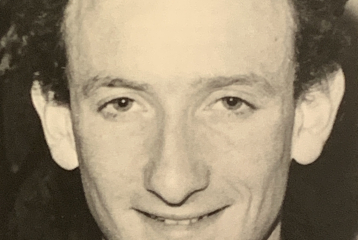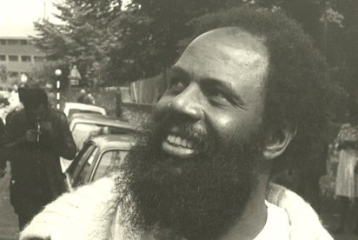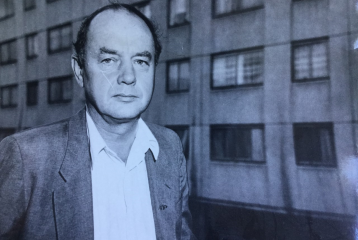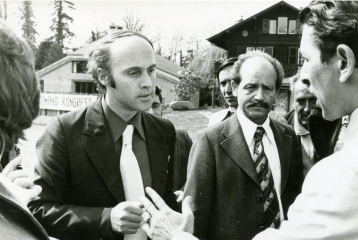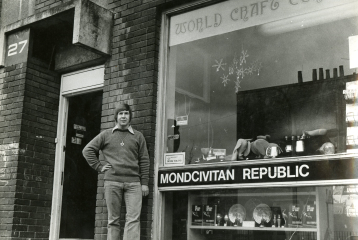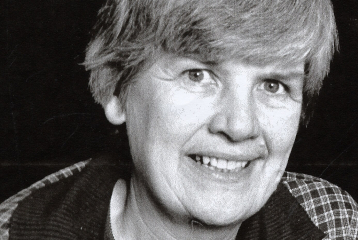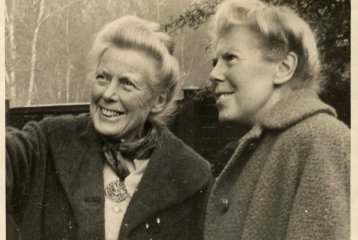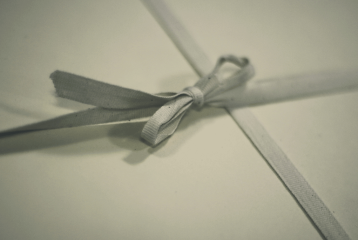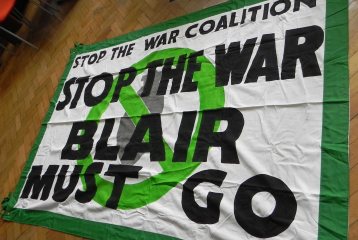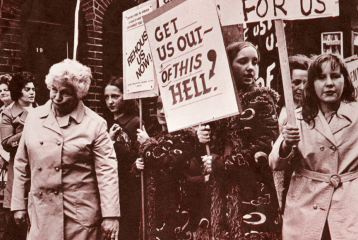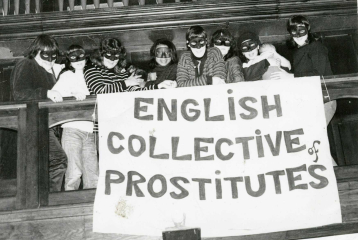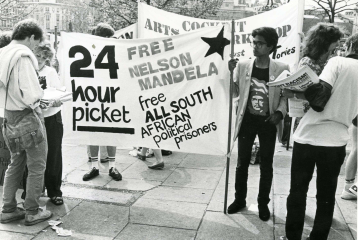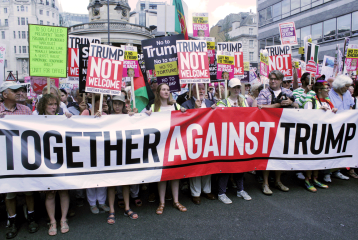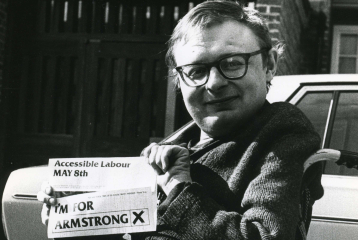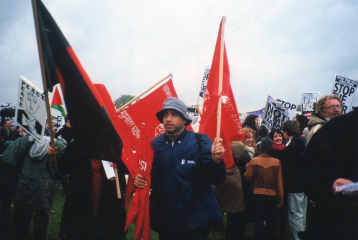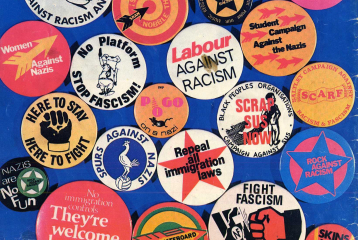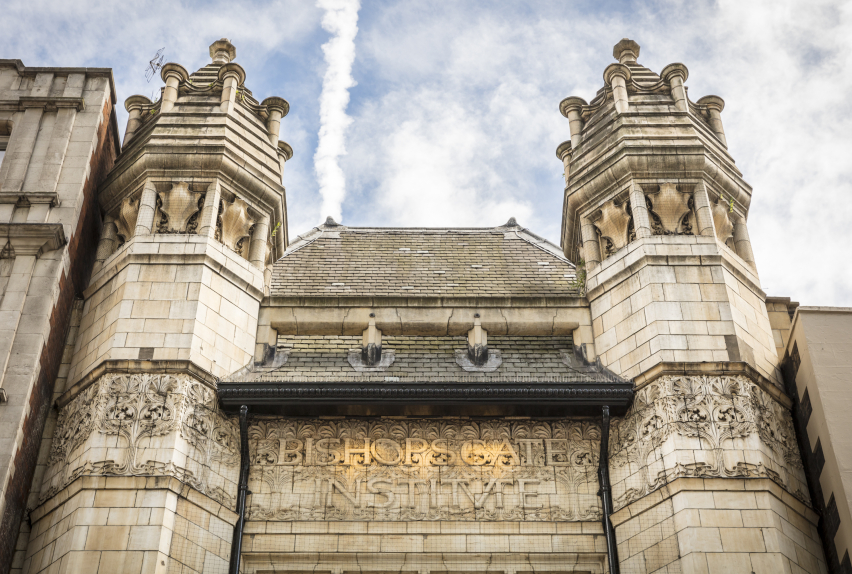Steve Kitson Archive
About this Archive
Administrative/Biographical History
Stephen "Steve" Kitson (c1957-1997) was an anti-apartheid campaigner. He was born in London to South African anti-apartheid campaigners David and Norma Kitson, who moved back to South Africa with their infant son in 1959 to further their involvement in the cause. In 1963, David was arrested as a member of the armed wing of the African National Congress and sentenced to 20 years in jail. As a result, Norma, Steve, and his baby sister Amandla received so much police harassment in the years after David’s incarceration that Norma decided to move her young family back to London. When he reached the age of 16, Steve Kitson used his school holidays to travel to South Africa to visit his father in prison.
During one such visit in 1982, Kitson was held by South Africa authorities who thought him to be part of ANC gathering intel about the Pretoria prison. For six days, Kitson was violently interrogated and was released largely in part to the Free Steve Kitson Campaign which was set up by Norma and her colleague Carol Brickley. This campaign, though short-lived, was for many the first time they participated in anti-apartheid campaigning and so the organisation was reformed to the City of London Anti-Apartheid Group (CAAG) to capitalise on this momentum.
Kitson was a very active member and organiser of CAAG. He often performed with the City Group Singers and taught protesters South African songs during various demonstrations including the 86-day picket in 1982 and the 24-hour picket in 1986 both outside of the South African Embassy. A year later in 1987, CAAG held another 24-hour picket and Kitson was one of four people arrested for protesting - including his mother Norma. Kitson was also one of the first members of the London School of Samba, who were the first protest samba band in the UK. They took part in the huge demonstration in 1990 against the Poll Tax. He died in 1997 at the age of 40.
Scope and Content
The Steve Kitson Archive includes pages from his diary; papers and photographs relating to City of London Anti-Apartheid Group meetings, demonstrations and conferences; papers relating to City Group Singers; papers and ephemera relating to other social justice groups including Irish solidarity, miners support, local defence campaigns, and other international solidarity movements. (1976-1992)
Quantity
7 boxes, 2 folders loose
